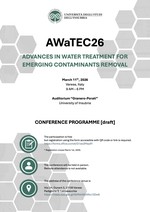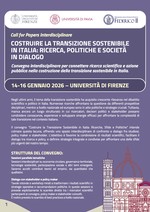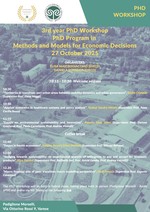Bioeconomy
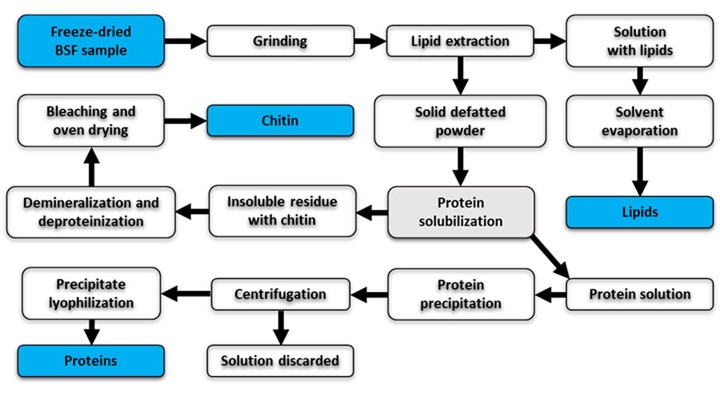 RICH production process
RICH production processThe increasing importance of biological sciences for creating value added in many economic sectors contributed to the rise of the now popular term “bioeconomy,” referring to “the set of economic activities relating to the invention, development, production and use of biological products and processes” (OECD, 2009), which are characterized by the accent on the reduction of environmental pollution and the adoption of sustainable practices. Since new scientific advancements in Biology and Biotechnology can be applied to an increasing number of fields, the “bioeconomy” revolution is expected to provide solutions and benefits for a wide variety of human necessities, such as health care (e.g., biopharmaceuticals), agriculture (e.g., bio-pesticides), industrial processes (e.g., bio-refineries and biopolymers) and environmental sustainability (e.g., bioremediation and biofuels), in both developing and developed countries. However, what is the greatest strength of this new paradigm is also its weakness. Bioeconomy-related innovations (like many other types of “environmental innovations”) may suffer, without an appropriate public intervention, from a chronic under-provision by private businesses, since they are characterized by two kinds of positive externalities (the so-called “double externality” problem): the first one relates to the problem of knowledge spillovers and risk of imitation that affect every innovation phase; the second one is mostly related to the positive effects occurring during the (final) diffusion phase, when society (as a whole) obtains from the adoption of these innovations additional benefits (in terms of reduction of waste and energy consumption) that cannot be internalized and appropriated by the entrepreneurs who have borne the cost of their invention and development. This problem is especially salient for bioeconomy-related innovations, because of the pervasiveness of their fields of application (that may span across different industries) and because of the type of knowledge (mainly scientific and codified) they rely on. This implies that the future of bioeconomy will be heavily shaped not only by the new discoveries in the related scientific disciplines and in their applications, but also by the design and implementation of public policies (concerning, e.g., the incentives, regulations, standards, intellectual property rights, etc.) and by the emergence of new markets and business models requiring actors with novel, advanced and heterogeneous competences.
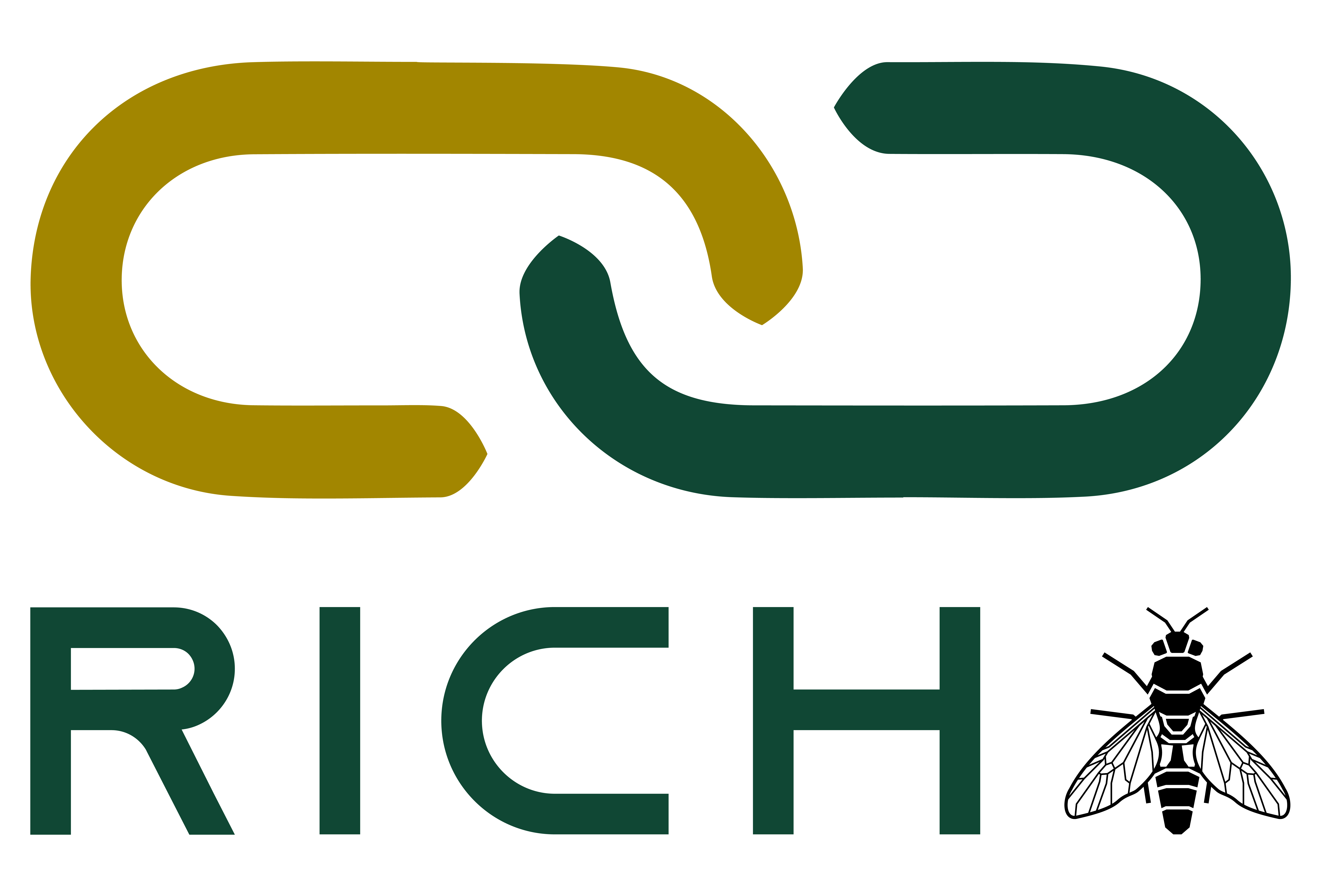
RICH project: “Turning rubbish into biobased materials: a sustainable chain for the full valorization of organic waste”
Waste management currently represents one of the most pressing global challenges and plays a key role in supporting sustainable development. It becomes urgent to promote the transition towards circular economy models focused on “closing the loop”, through the valorisation of waste. In particular, an appropriate treatment of the organic fraction of municipal solid waste (OFMSW) could lead to a significant improvement of the entire waste management system, contributing to the reduction of the negative effects on the environment and public health generated by improper disposal practices and poor-quality treatments.
RICH project investigates the use of the larvae of black soldier fly, Hermetia illucens, to convert low-value organic waste into biomolecules to generate innovative products. In particular, the project aims to develop an innovative and integrated circular economy chain which, starting from the biotransformation of the OFMSW, allows the targeted production of biobased materials with high technological value and environmentally friendly, such as bioplastics and other advanced protein-based materials, and lipids for biofuel production.

ProPla Project: “Proteins from Plastics”
The project addresses the problem of microplastics focusing on their recovery and valorization through a pre-competitive, multidisciplinary, and interdisciplinary approach.
ProPla aims to develop an innovative biotechnological application to recover PET microplastics (microPET) from wastewater and exploit the power of protein engineering and systems biology approaches to generate a novel bacterial strain able to convert microPET into amino acids (plastic-eating activity) or high-value compounds (protein, lipid, chitin) through appropriately “modified” insects. The goal is a paradigm shift, i.e., to enhance an environmental contaminant, potentially harmful even to human health, by converting it into a resource to produce goods useful to society, through a totally “green” approach.
